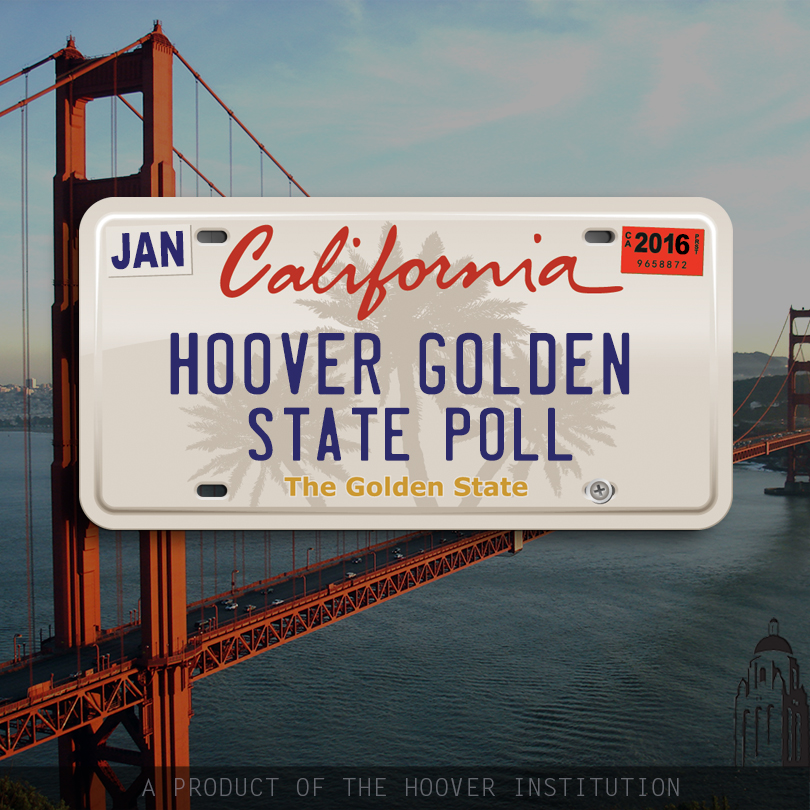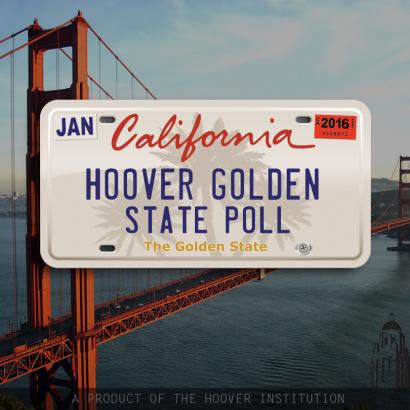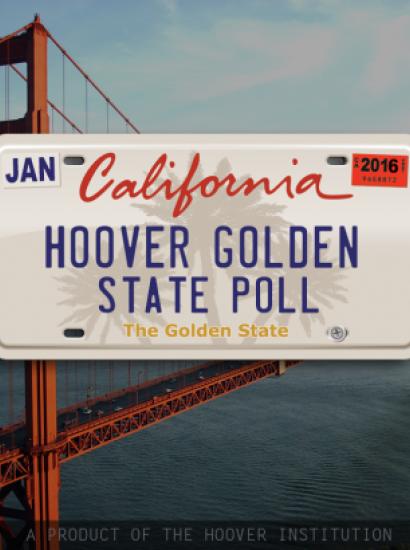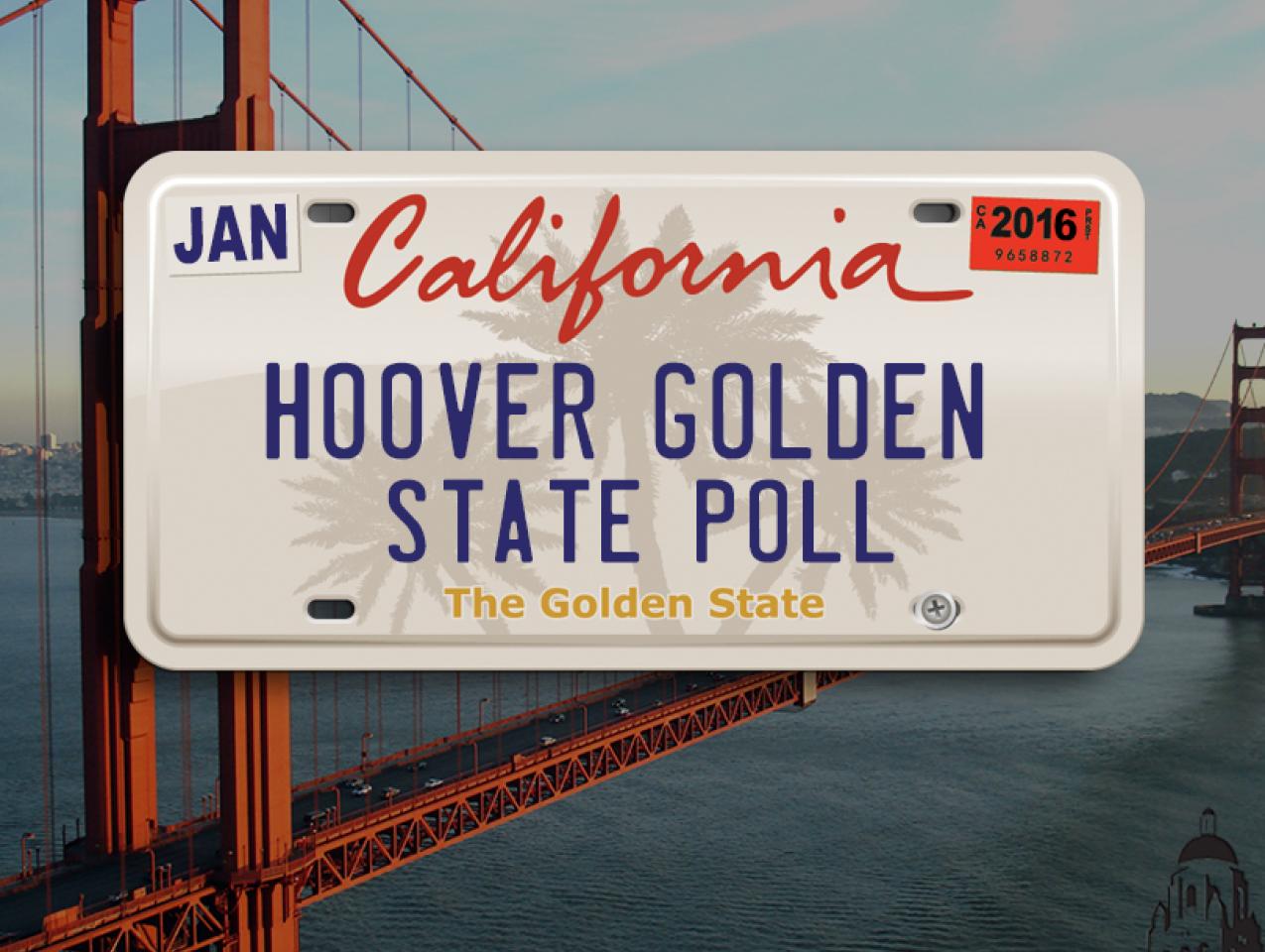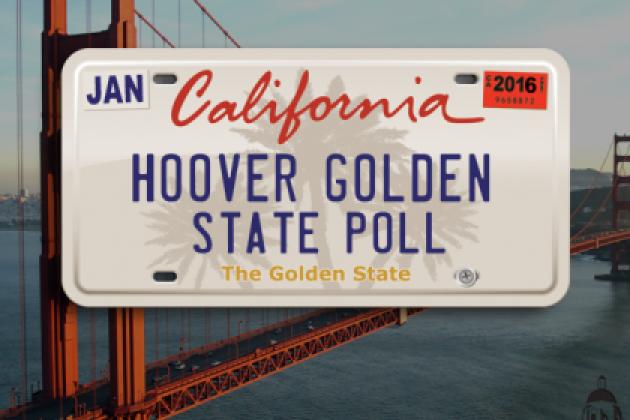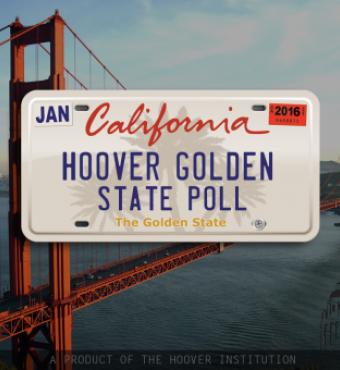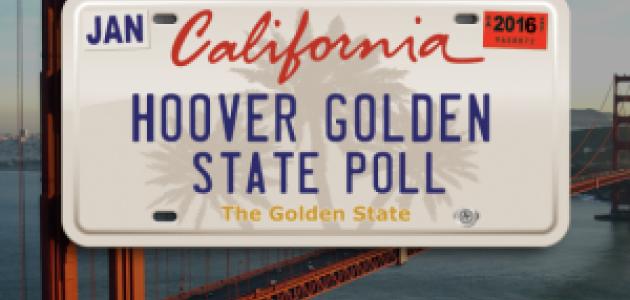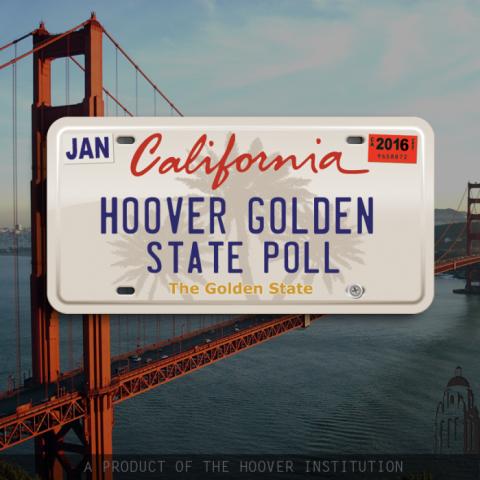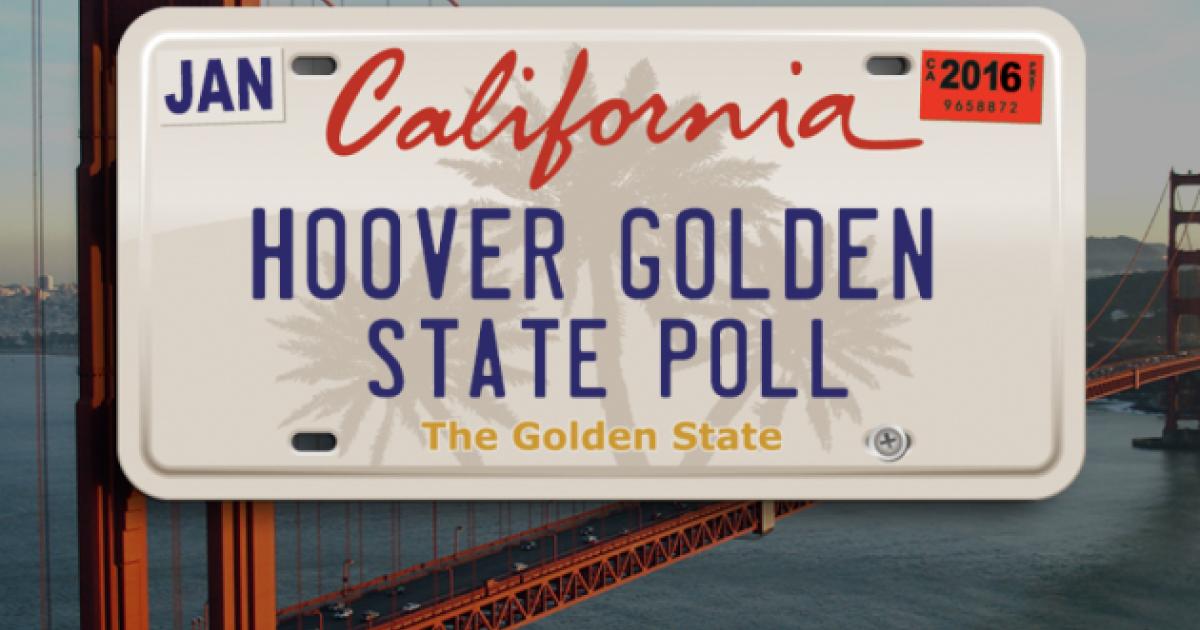- Energy & Environment
- Science & Technology
- Politics, Institutions, and Public Opinion
- State & Local
- California
On Thursday, January 21, Governor Jerry Brown will give his 2016 State of the State Address in front of a joint session of the State Assembly and State Senate. There is no doubt that this address will focus on the slow-but-steady California comeback, the continued need for fiscal restraint, and a call to the State Legislature to address the growing Medi-Cal funding gap, transportation infrastructure funding gap, and climate change. Brown faces two major challenges, however, on these items; for one, the soaring budget surplus makes it difficult to justify new or higher taxes and two, the Assembly’s moderate Democrat caucus remains wary that Brown’s legislative agenda could harm their constituent’s pocketbooks – not something potentially vulnerable Democrats are willing to go up against in an election year.
Yet, Governor Brown may have another problem: public opinion. The January 2016 Golden State Poll sought to examine Californians attitudes of the State of the State by examining economic confidence, the issues Californians consider top priorities, Governor Brown’s approval ratings on top issues, and whether a Republican or Democrat Governor would better handle top issues. In addition, the Golden State Poll examined how different information affects Californians’ views on redirecting High Speed Rail funds, replacing the gas tax with a road usage charge, and whether the legislature was right to remove the petroleum component from SB 350.
First, the good news. Even though Governor Brown has prioritized climate change and other policies considered lower priority by likely voters, he does receive healthy approval on his handling of top issues like encouraging economic growth (53%), the response to the drought (52%), and management of the state budget (51%). However, his pet projects still loom large over his final gubernatorial term. Pluralities disapprove of his support of the High Speed Rail (41%, net disapproval of 2 points) and his support of the Delta Tunnel Project (34%, net disapproval of 1 point).
While Governor Brown and his Democratic legislative colleagues do hold a monopoly of power in the state capital, likely voters do think a Republican would be able to handle some issues moderately well – a reminder that the political status quo in Sacramento isn’t permanent.
When asked who would better handle the issue, a Republican Governor beat out a Democratic Governor on reducing crime (37% to 29%), dealing with illegal immigration (40% to 35%), and reforming the state’s tax system (38% to 36%) – although that is within the margin of error. With regards to balancing the state budget, likely voters consider both equally better (37% to 37%). And while the Democratic Governor led the Republican on all other issues, for five of them, the difference was within single digits, including issues considered a top priority, such as strengthening the economy, dealing with the drought and improving the job situation.
While it is still an uphill battle for a Republican gubernatorial victory, it seems focusing on fiscal and economic issues would yield the most consideration among likely voters.
The survey’s three public opinion experiments examined issues that are likely to arise in 2016: the mileage tax in lieu of the gas tax, the reduction of petroleum use by 50%, and diverting High Speed Rail funds to other uses. Needless to say, Brown faces an uphill battle on all three issues.
Overall, likely voters are very resistant to replacing the gas tax with a tax on miles driven. When asked, with no additional details provided, whether the gas tax should be replaced with a tax on miles driven, 53% of likely voters opposed the change. Interestingly, when presented with, arguably, the proponent’s best argument – that we are driving more miles, but consuming less gas, hence creating a funding gap – opposition actually grows to 56%. Then once respondents are given both the proponent’s argument and the opponent’s top criticism – that there are privacy concerns – likely voters by almost 3 ½ to 1 oppose making the switch. While the current transportation infrastructure funding regime no longer meets the state’s needs, it is going to be a very difficult sale to voters to switch to the mileage tax.
In 2015, SB 350 passed without one key provision: a 50% reduction in petroleum use by 2030. With no additional details provided, likely voters are split in whether this was or wasn’t the right decision (39% in support vs. 39% in opposition). Proponents argued that this provision of SB 350 would have promoted the use of electric and hybrid vehicles. However, when presented with this information, the net opposition for its removal jumps by 5 points (38% support vs. 43% oppose). Lastly, the provision was ultimately removed because of concerns that the reduction would impose hardships on some Californians. When both this information and the proponent’s argument were given, net support for its removal increases by 13 points (46% support vs. 33% oppose). Despite proponents making a strong (and seemingly popular) case that the reduction mandate would propel electric and hybrid vehicle use, at the end of the day, voters placed more weight on the fact that the law would have imposed economic hardships. Unless proponents of the provision can find an effective counter-argument, it is unlikely this reduction will find much traction in the State Legislature this year.
And finally, with opposition to the High Speed Rail project growing, there is a general question of what to do with the additional funds should the project be cancelled. Unsurprisingly, given the drought being the number one top priority among likely voters, specifying water storage as the intended purpose of the redirected money (versus a generic “other infrastructure projects”) increases support for a ballot measure that reauthorizes the High Speed Rail funds from a 49% plurality to a 53% majority.
As we embark on 2016, the State Legislature and Governor Brown would be wise to pay attention to the wants and needs of Californians. The drought, the economy, and the budget situation still remain the top priorities and strong barriers persist for California attempting to alter how transportation infrastructure is funded and to reduce its carbon footprint via petroleum use reduction. However, the one thing that appears to unite Californians is opposition to the High Speed Rail – probably to the chagrin of the Governor looking to cement a long-last legacy for his name.

DELTA TUNNEL PROJECT
Officially known as the Bay Delta Conservation Plan, this $25 billion project would build two tunnels under the Sacramento-San Joaquin River Delta to carry an estimated 4.9 million acre-feet of water each year from Northern California to the south. Currently, water flowing to Southern California must first go into the Delta before being pumped out creating many points of contention between farmers and environmentalists. Critics of the project, however, contend that the project will generate more environmental degradation of the Delta at a huge financial cost to taxpayers.







